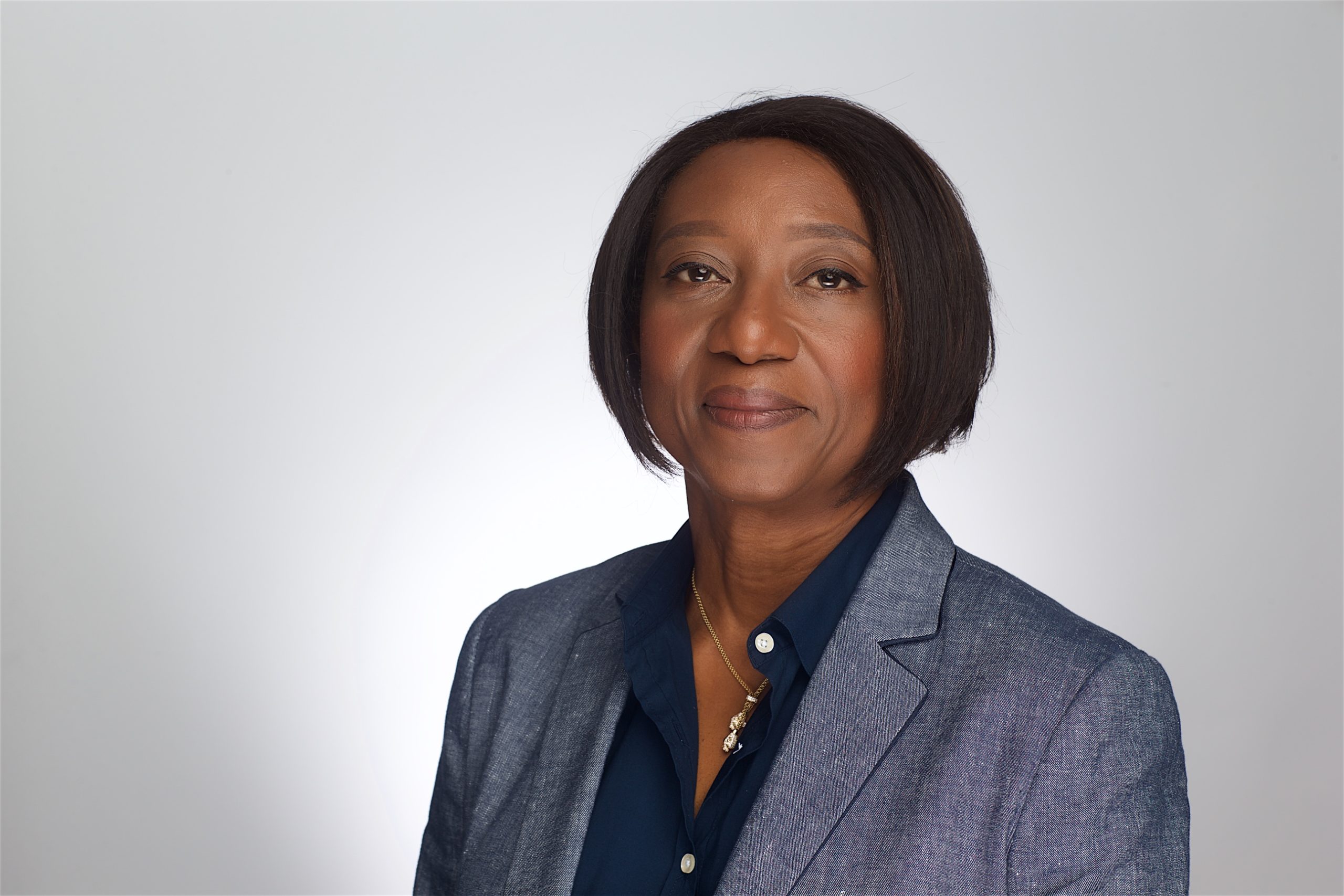By Aida Diarra, Senior Vice President and Head of Sub-Saharan Africa at Visa
Supporting women entrepreneurs is just good business. Gender equality is important. Societies, where opportunities for women are on par with men, have fewer child deaths, fewer conflicts, and better public services and health, data show. There are also strong economic incentives to close the gender gap.
Research shows that where women-owned businesses thrive, the community wins. The country’s GDP grows and the global economy benefits. In places where women’s entrepreneurship is restricted or limited, the opposite happens — individuals, communities, countries and the global economy miss out on unrealised economic gains.
In recent years, across the developing world, the rate of new business formation by women has significantly outpaced the rate of that of men.
According to the 2019/2020 Global Entrepreneurship Monitor (GEM), millions of women across the globe have started businesses over the last five years alone. Tellingly, the highest percentage of these women reside in Africa.
Loading...
That being said, women still own and manage significantly fewer businesses than the opposite sex. The reasons behind it are complex and multifaceted and female behavioural traits, motivations, and success rates, and their gender-related distinctiveness are just a few of these.
Despite growing research and more reports on the subject matter, much more needs to be learnt and understood around the female entrepreneur, especially in developing countries where the number of initiatives aimed at promoting and empowering women is on the increase. This reflects greater interest in the role played by entrepreneurship in the economic development process.
Women have been assigned a special role not only because they stand to benefit from entrepreneurship being the poorer and more discriminated against gender, but also because they are seen as a critical driver of entrepreneurship in light of their unique role in the household and the rise in female-headed households.

At the World Economic Forum on Africa in Cape Town last year, Visa highlighted the importance of creating a favourable environment for the business success of African women.
As the backbone of local economies, African women entrepreneurs face a myriad of challenges. Ranging from cultural barriers that require overcoming the narrow classification of child-bearer and/or home manager, to a shortage of role models, inadequate access to financial assistance, and limited educational opportunities, there are too many reasons why female-led organisations fail to flourish.
The World Bank confirms this disparity through data collected in ten African countries: on average, male-owned enterprises have six times more capital than female-owned enterprises. This, together with the challenges listed above equates to female-owned enterprises posting monthly profits that are, on average, 38% lower than those of male-owned businesses.
In response to these worrying figures, Visa commissioned a study this year to investigate the role of technologies in enabling African women entrepreneurship. The research, conducted by marketing insights company 4SIGHT Africa Research and Analytics, surveyed South African, Kenyan and Nigerian women SME business owners with between 2 and 15 employees.
While the sentiment among the respondents was overwhelmingly optimistic – 70% of the women interviewed indicated that they believe they are financially independent, and almost 90% admitted to feeling more empowered as a female business owner than they did five years ago – the struggles they face are still significant.
A key insight of the research indicates that, overall, market competition and a lack of funding pose the biggest threat to the sustainability of businesses in Africa. Added to this, South Africa and Nigeria face additional challenges due to regulation, a fluctuating economy and a lack of viable mentorship.
Paradoxically, Africa has the highest number of female entrepreneurs but the least supportive entrepreneurial frameworks. This means that the design and roll-out of unique, innovative financial solutions that offer women access to markets and bring them into the formal financial system, can be key to breaking barriers for women-led businesses.
COVID-19 has also thrown the global economy into freefall and disrupted everything. It has changed the way we work and how we interact with friends, families, neighbours and our communities. The pandemic is also impacting what we buy, where we buy, and ultimately, how we pay and get paid.
Visa is committed to helping the world adapt to these shifts by applying our network, products, services and expertise to get everyone back to business. Visa was founded on the idea that safe, fast and reliable digital payments should be available to everyone, everywhere.
This idea underpins our mission to connect the world of business, but also enable women, female-run businesses to thrive.
Over the next few months Visa will be partnering with organisations and initiatives across the continent that give African female entrepreneurs the community, information and tools they need to create thriving businesses –for our Where you Shop Matters campaign.
Visa’s Where You Shop Matters campaign was launched in June in response to the COVID-19 pandemic and the impact it has had on small businesses. It is an initiativethat aims to champion and enable entrepreneurs across Africa while encouraging consumers to support small businesses.
Visa’s initiative is helping to support small businesses through the Visa Small Business Hub, a merchant platform providing tools and information on how to start, run and grow small businesses. The platform will also feature leading merchants who embody the passion and entrepreneurship of small businesses across the continent.
Closing the gender gap requires persistent hard work and support from individuals, businesses and governments on the continent but the increased financial inclusion of female entrepreneurs is well worth the effort. We all – men and women – have a part to play in progressing women on the continent. After all, the future is female.
Loading...
